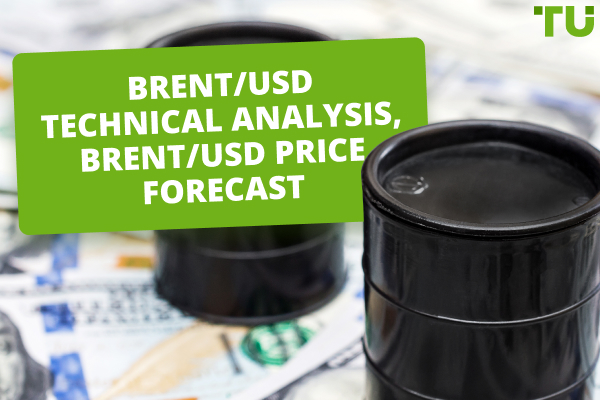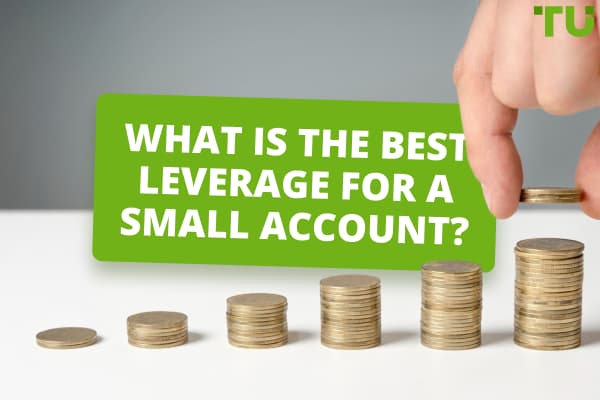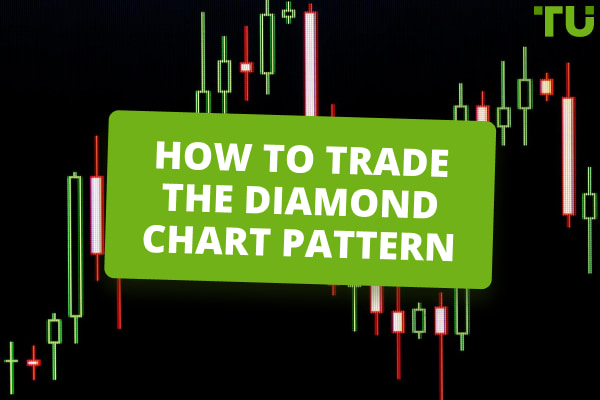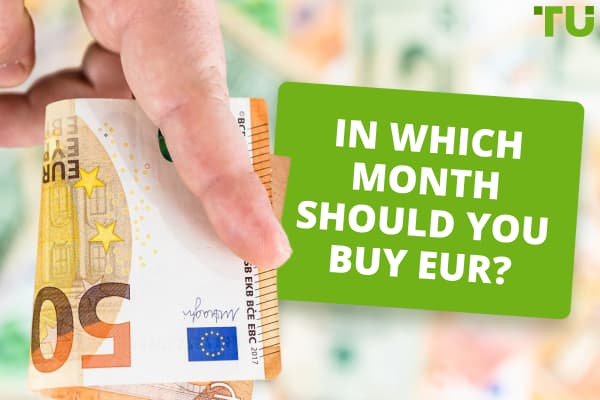4 Steps For Trade Execution
Trade execution stands at the core of successful trading, encompassing the strategic placement and fulfillment of trades at desired prices. The process of executing a transaction typically involves 4 steps:
-
Sending an order to your broker
-
Routing the order
-
Filling the order
Trading success relies on knowing how to place and fill trades at the right price, a process called trade execution. This is the key to turning your trading plans into real actions and directly affects your profits.
This article will help you understand the trading execution process and methods. It also breaks down the process and explains the different types of orders to improve your trade execution.
-
How long does it take for a trade to execute?
The time for trade execution varies based on market conditions and broker efficiency. High activity or volatility can expedite execution. Brokers with advanced technology enable faster processing. If extraordinary factors do not have an impact, it usually takes less than 1 second to execute a trade through the MT4 terminal in a liquid forex market.
-
What can I do to help improve my live trading execution?
Enhancing live trading involves staying informed on market trends, practicing with demo accounts, and selecting a reliable broker known for fast execution. Implement risk management strategies and have a well-defined trading plan for smoother execution during live trading
-
How does trade execution work
Trade execution encompasses placing an order, routing it to the relevant market, and filling it at the best available price. Brokers use various methods to ensure optimal execution, considering liquidity and speed. This process ensures efficient and optimal trade conditions.
-
What is execution risk in trading?
Execution risk involves the potential for trades to execute at less favorable prices than expected. Factors include market volatility, liquidity issues, and order processing delays. Traders must know execution risk, use risk management strategies like limit orders to mitigate impact, and regularly monitor market conditions.
4 steps to execute your trade
Trade execution, the pivotal moment in the trading cycle, is the process of placing a trade and having it filled at the desired price. It is a critical aspect of trading, directly impacting your profits or losses. This process typically involves the following four steps:
-
Choose a broker
-
Send an order to your broker
-
Routing the order
-
Filling the order
Choose a broker
The initial and crucial step in the trade execution process involves meticulously selecting a broker. Brokers are essential intermediaries, facilitating seamless asset transactions for traders in complex financial markets.
When making this pivotal decision, it is imperative to delve into various factors that can impact the overall trading experience. You should thoroughly evaluate the broker's reputation within the industry, the structure of their fees, the diversity of available trading instruments, and the overall quality of their trading platform.
A trustworthy broker ensures the security of financial transactions and contributes significantly to the efficiency and effectiveness of the entire trading process. To help you avoid making rookie mistakes when choosing a broker, we have written a guide: How to choose a Forex broker wisely
Send an order to your broker
After the careful selection of a broker, the trader engages in the process of sending a detailed trading order. This order serves as a comprehensive set of instructions, intricately outlining the specifics of the intended trade, including:
-
the type of asset to be traded,
-
the desired quantity,
-
and the targeted execution price.
It is vital to distinguish between various order types, such as market orders executed promptly at the prevailing market price and limit orders fulfilled at a specified price or better.
Routing the order
The next phase involves the intricate routing process with the trading order duly submitted to the selected broker. Routing is the mechanism by which the order is directed to the relevant market or exchange where the specific asset is actively traded.
Brokers employ many methods and strategies to ensure optimal execution of the order. The primary objective during routing is to secure the best possible execution for the trader, considering market liquidity and the speed at which orders can be fulfilled. This stage demands a nuanced understanding of market dynamics and the ability to navigate the complexities of different trading environments.
Filling the order
Once the order has been successfully routed to the designated market or exchange, it is executed at the best available price. This could be the pre-specified price or a more favorable one for limit orders.
In contrast, market orders are fulfilled at the prevailing market price. The efficiency and accuracy of order filling are paramount, as any deviation from the expected execution price can result in slippage. Slippage, the difference between the anticipated and actual execution prices, underscores the critical nature of this phase in determining the overall success of the trade.
Comprehensive understanding and adept navigation of these meticulously detailed steps are indispensable for traders. The intricacies of trade execution wield a substantial impact on investment outcomes, ultimately delineating the boundary between profit and loss in the dynamic realm of financial markets.
Best Forex brokers


Types of trade execution methods
-
Market Orders: Market orders are fundamental trade orders executed promptly at the best available market price. Emphasizing speed, their primary objective is immediate transaction, prioritizing quick execution over waiting for a specific price. Ideal for traders valuing swift execution without precise control of the transaction price.
-
Limit Orders: In contrast, limit orders provide control over the execution price. Traders specify the maximum price for a buy order or the minimum for a sell order. Limit orders are executed at a specified or better price, offering precision in setting entry or exit points. However, they aren't guaranteed to fill, contingent on the market reaching the specified price. Execution depends on market conditions meeting the criteria set in the limit order.
-
Stop orders are executed when the market price reaches a specified level. They can be used to limit losses or lock in profits.
The peculiarities of different types of orders are described in detail in the article: Market, Limit, Stop And Other Order Types Traders Should Know
Conclusion
Trade execution is the process of buying or selling an asset at a specified price. It is an essential part of trading, and can have a significant impact on your profits or losses.
In the process of executing a trade, a trader sends his broker (or directly to the exchange in the case of crypto trading) an order, which can be of several types: market, limit, stop. If you are new to trading, it is a good idea to start with market orders and then gradually experiment with other types of orders as you gain experience.
Glossary for novice traders
-
1
Broker
A broker is a legal entity or individual that performs as an intermediary when making trades in the financial markets. Private investors cannot trade without a broker, since only brokers can execute trades on the exchanges.
-
2
Trading
Trading involves the act of buying and selling financial assets like stocks, currencies, or commodities with the intention of profiting from market price fluctuations. Traders employ various strategies, analysis techniques, and risk management practices to make informed decisions and optimize their chances of success in the financial markets.
-
3
Trade Execution
Trade execution is knowing how to place and close trades at the right price. This is the key to turning your trading plans into real action and has a direct impact on your profits.
-
4
Limit order
A limit order is a type of order used in trading where an investor specifies a particular price at which they want to buy or sell a financial asset. The order will only be executed if the market price reaches or exceeds the specified limit price, ensuring that the trader gets the desired price or better when the trade is executed.
-
5
CFD
CFD is a contract between an investor/trader and seller that demonstrates that the trader will need to pay the price difference between the current value of the asset and its value at the time of contract to the seller.
Team that worked on the article
Upendra Goswami is a full-time digital content creator, marketer, and active investor. As a creator, he loves writing about online trading, blockchain, cryptocurrency, and stock trading.
Dr. BJ Johnson is a PhD in English Language and an editor with over 15 years of experience. He earned his degree in English Language in the U.S and the UK. In 2020, Dr. Johnson joined the Traders Union team. Since then, he has created over 100 exclusive articles and edited over 300 articles of other authors.
Mirjan Hipolito is a journalist and news editor at Traders Union. She is an expert crypto writer with five years of experience in the financial markets. Her specialties are daily market news, price predictions, and Initial Coin Offerings (ICO).









